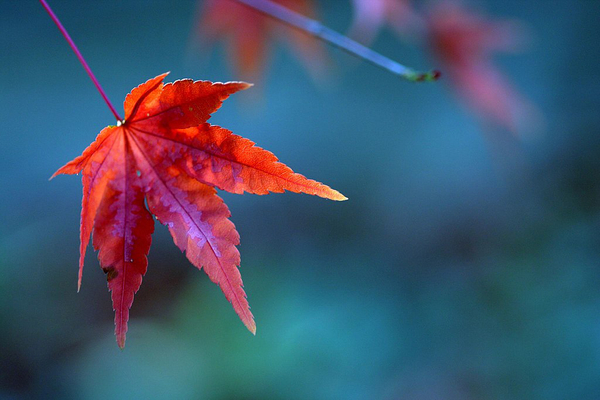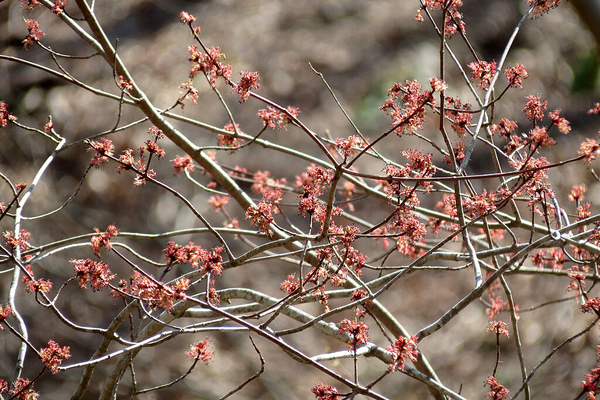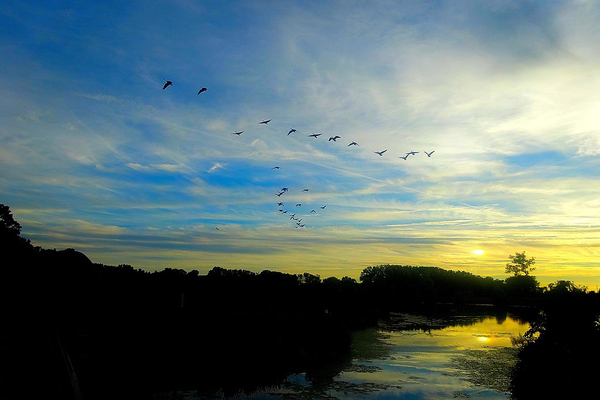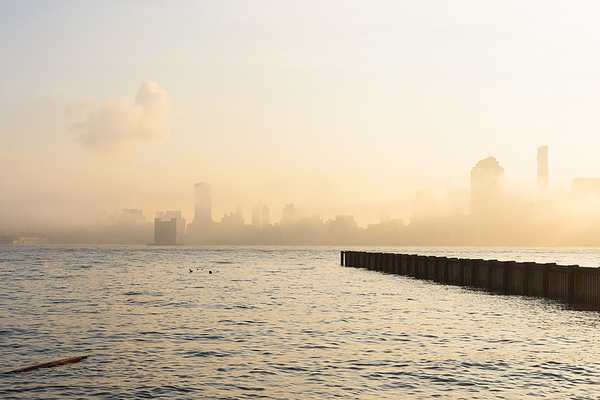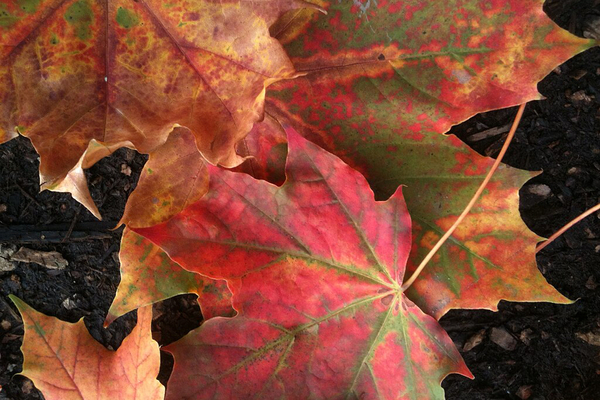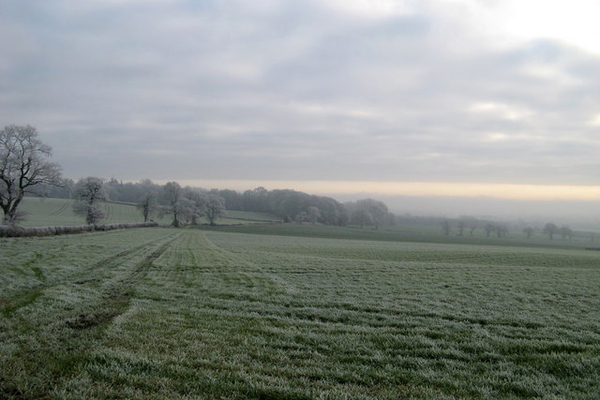I used to think of tenderness
as a kind of spindle we could both, each
differently, revolve around
together. Likewise, until not so
long ago, I still believed that
keeping a lamp on at night could keep away
all ghosts, when really it only works for
some ghosts,
not the worst ones,
for whom it’s all the same – darkness,
illumination…
When I spoke
of vanishing, I meant without
a whiff of retreat
anywhere, no knocked-over winecup with its chipped
rim for evidence, no
swamp maple, no swamp
to speak of, no lost-on-the way cufflink
with a blowing stag engraved upon it – here,
in the grass, where the grass
stands taller…Why do some of us hurt
more than others was an honest
question, once. I heard the geese before I
saw them again this morning – this time, flying north.
Not the fog, then, softening
the harder edges of strong buildings, fallen timbers
in a field uncrisping from the morning’s frost. Or the frost,
or the field…
And not the brighter leaves on the ground in autumn,
proving a relatedness, sort of, between death, decay,
and decoration, but never quite
resolving it…
Who are you? What is it that you want,
exactly? Are we free because we believe we’re free,
or do we only believe it because that’s
how we feel?
Then it was night again, the hardest part, to remain
standing, to stay there; to stay. I stood up, in the dark of it.
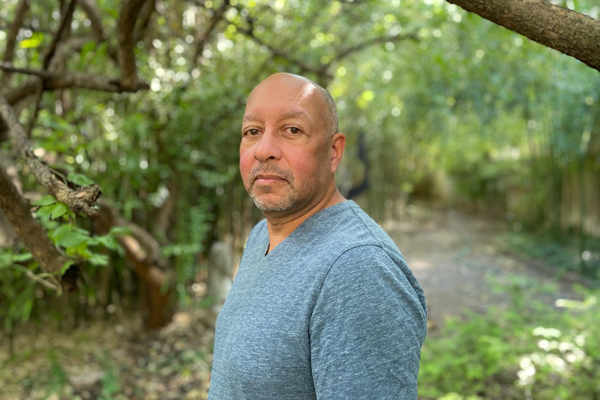 Carl Phillips is the author of 16 books of poetry, most recently Then the War: And Selected Poems 2007-2020 (Carcanet, 2022), which won the 2023 Pulitzer Prize. Phillips’s honors include the Kingsley Tufts Poetry Award, the Los Angeles Times Book Award, and awards and fellowships from the Guggenheim Foundation, the Academy of American Poets, the American Academy of Arts and Letters, and the Library of Congress. Four of his books were finalists for the National Book Award. Phillips served as a chancellor of the Academy of American Poets 2006-2012, and as the judge for the Yale Series of Younger Poets 2011-2021. Oxford University Press published Phillips’s translation of Sophocles’s Philoctetes (2003). Phillips has also written three books of prose, most recently My Trade is Mystery: Seven Meditations from a Life in Writing (Yale, 2022).
Carl Phillips is the author of 16 books of poetry, most recently Then the War: And Selected Poems 2007-2020 (Carcanet, 2022), which won the 2023 Pulitzer Prize. Phillips’s honors include the Kingsley Tufts Poetry Award, the Los Angeles Times Book Award, and awards and fellowships from the Guggenheim Foundation, the Academy of American Poets, the American Academy of Arts and Letters, and the Library of Congress. Four of his books were finalists for the National Book Award. Phillips served as a chancellor of the Academy of American Poets 2006-2012, and as the judge for the Yale Series of Younger Poets 2011-2021. Oxford University Press published Phillips’s translation of Sophocles’s Philoctetes (2003). Phillips has also written three books of prose, most recently My Trade is Mystery: Seven Meditations from a Life in Writing (Yale, 2022).
Jenny Mueller, reviewing
Speak Low, wrote that, as “in Rilke, Phillips’ lines give his language a near-sculptural form, something like a fountain. The poems are structures of alternating firmness and give, as the sense spills from line to line.”from the Pulitzer Prize announcement: “Carl Phillips has aptly described his work as an “ongoing quest”; Then the War is the next step in that meaningful process of self-discovery for both the poet and his reader. The new poems, written in a time of rising racial conflict in the United States, with its attendant violence and uncertainty, find Phillips entering deeper into the landscape he has made his own: a forest of intimacy, queerness, and moral inquiry, where the farther we go, the more difficult it is to remember why or where we started.”
Phillips is a professor of English at Washington University in Saint Louis.

